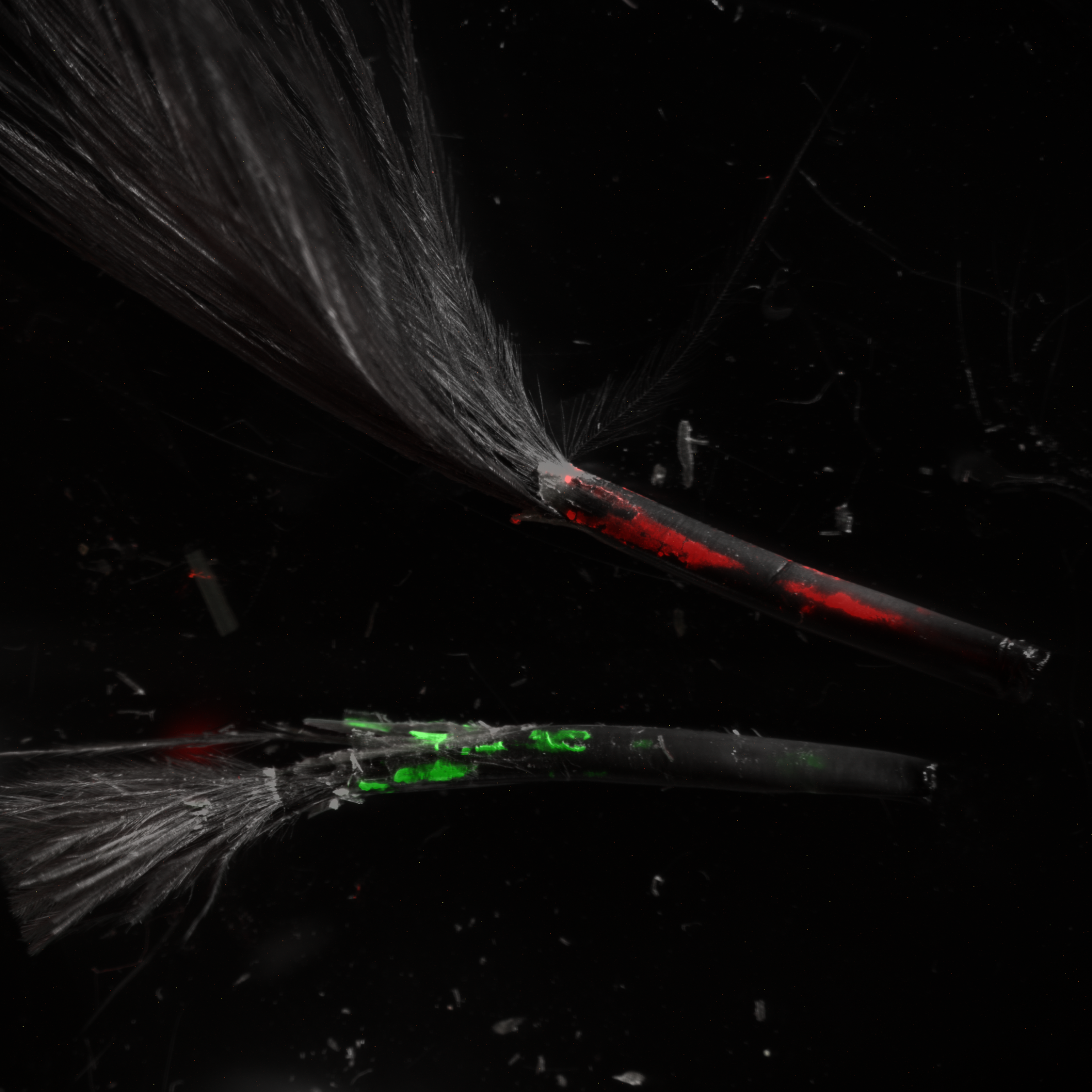Evaluation and identification of Marek's disease virus BAC clones as standardized reagents for research
Marek's disease virus (MDV) is an alphaherpesvirus that causes Marek's disease (MD), a lymphoproliferative disease in chickens. Understanding of MDV gene function advanced significantly following the cloning of the MDV genome as either a series of overlapping cosmids or as a bacterial artificial chromosome (BAC), both of which could produce viable MDV. The objectives of this study were to compare multiple virulent MDV BAC clones using the Avian Disease and Oncology Laboratory's pathotyping assay, and to demonstrate the use of these clones as standardized reagents for a modified pathotyping assay by other laboratories. To date, MDV BAC clones have been produced for at least 10 MDV strains from all three serotypes including several virulent serotype 1 strains. We determined that MDV BAC clones exist for each virulent pathotype, despite the fact that these clones are not always equal in virulence to their corresponding parental strains. One clone from each pathotype was further evaluated in commercial specific-pathogen-free (SPF) chickens and found suitable for use in assays such as best-fit pathotyping, although results were variable based on the source of the SPF birds. The benefits of using BAC clones, which include easy shipping, ability to more easily manipulate, and long-term ability to use at a low passage level, are likely to result in the use of BAC clones as standard reagents for MD research. The use of the defined set of clones should allow side-by-side comparison, allowing researchers to better interpret results produced in different laboratories using different MDV field strains. Furthermore, a modified best-fit pathotyping assay has been proposed using these clones and reduced bird numbers.
